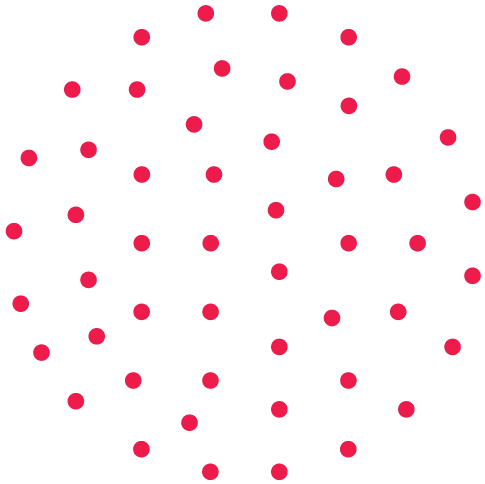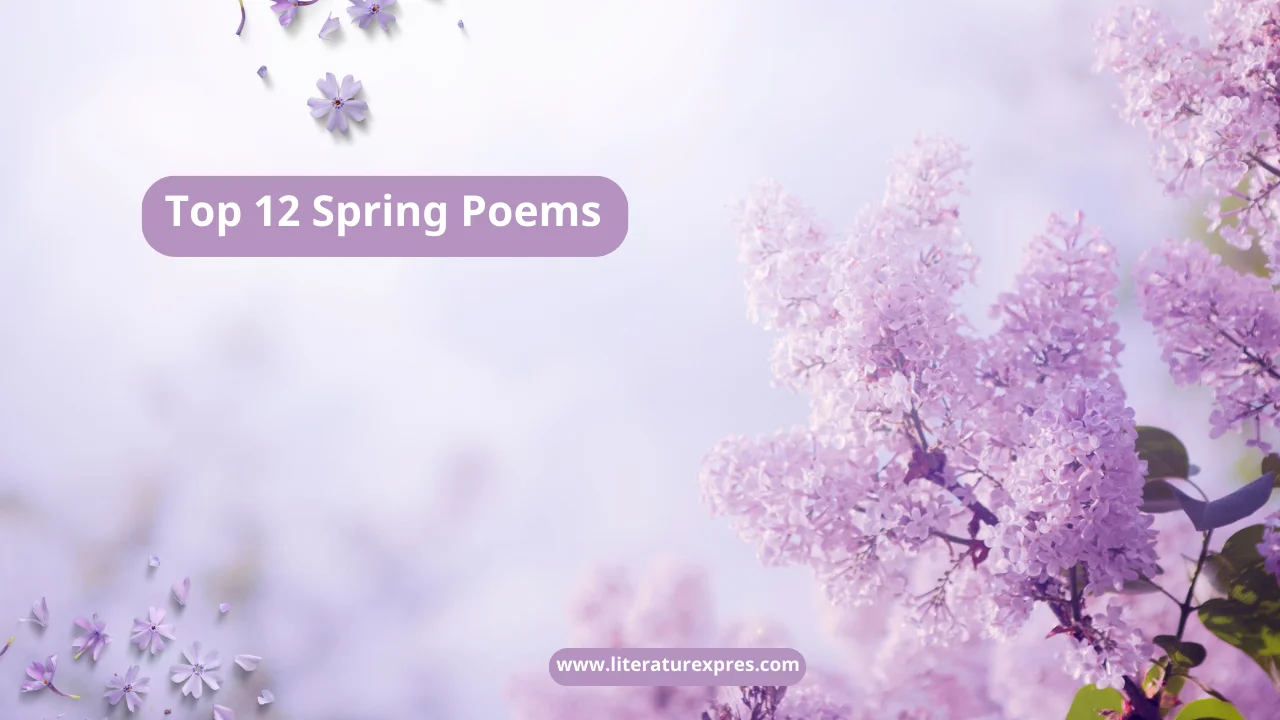What is intonation? What are the functions of intonation? Intonation is the rise and fall in pitch level when we speak. It...Continue
Get 5000+
English Literature Study Guides
From Literature Xpress
We are committed to making English Literature easy for Students & Researchers.






Exclusive Learning Categories
We are committed to making English Literature easy for Students & Researchers.
Expand Our Exclusive Topics
We are committed to making English Literature easy for students & Researchers.
Topic Writers
We are committed to making English Literature easy for students & Researchers.
Join Our Community
Expedita tenetur harum porro non fuga. Veritatis velit nihil provident accusamus doloremque rerum commodi ipsam, obcaecati laborum amet. Culpa, eveniet consequatur!
Our Students Feedback


It’s so helpful and wonderful effort to encourage students to be a gainer. Thanks a lot and best wishes.


I've been with them since years. They are responsive and helpful. I have always found Their notes, lectures, suggestions quite helpful and comprehensive. Thanks for being there, wish you good luck.


The notes of Literature express are very helpful. The writing style, use of language are very lucid and easy. Wishing you all the best.


Lorem ipsum dolor sit amet, consectetur adipiscing elit. Orci tempus lobortis vitae ornare augue tempus nec nec, ut. Libero odio mus erat massa donec lectus turpis. Quam molestie viverra nulla venenatis quis nam at. Morbi cras eros amet, tortor posuere. Dui vestibulum elementum, amet donec.
Read Our Articles
We are committed to making English Literature easy for students & Researchers.

